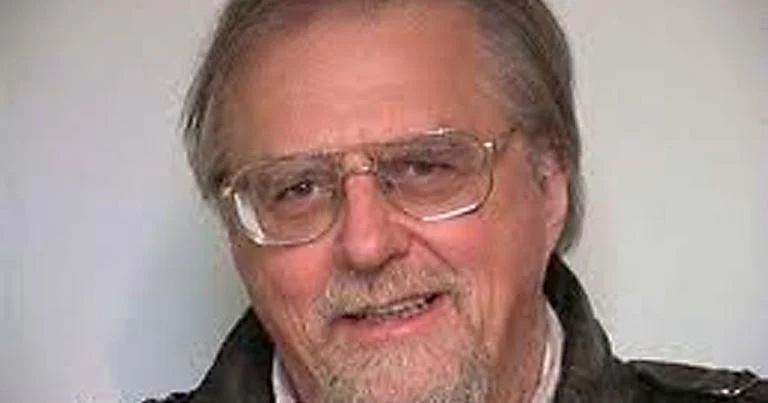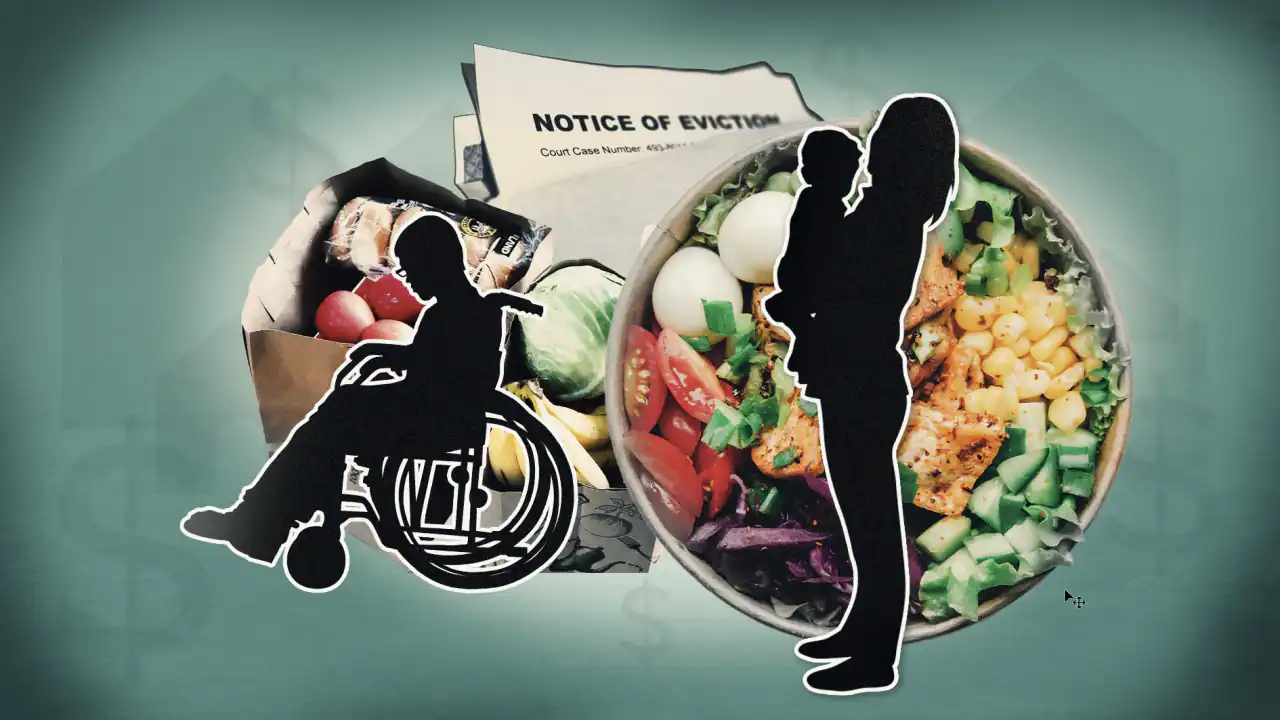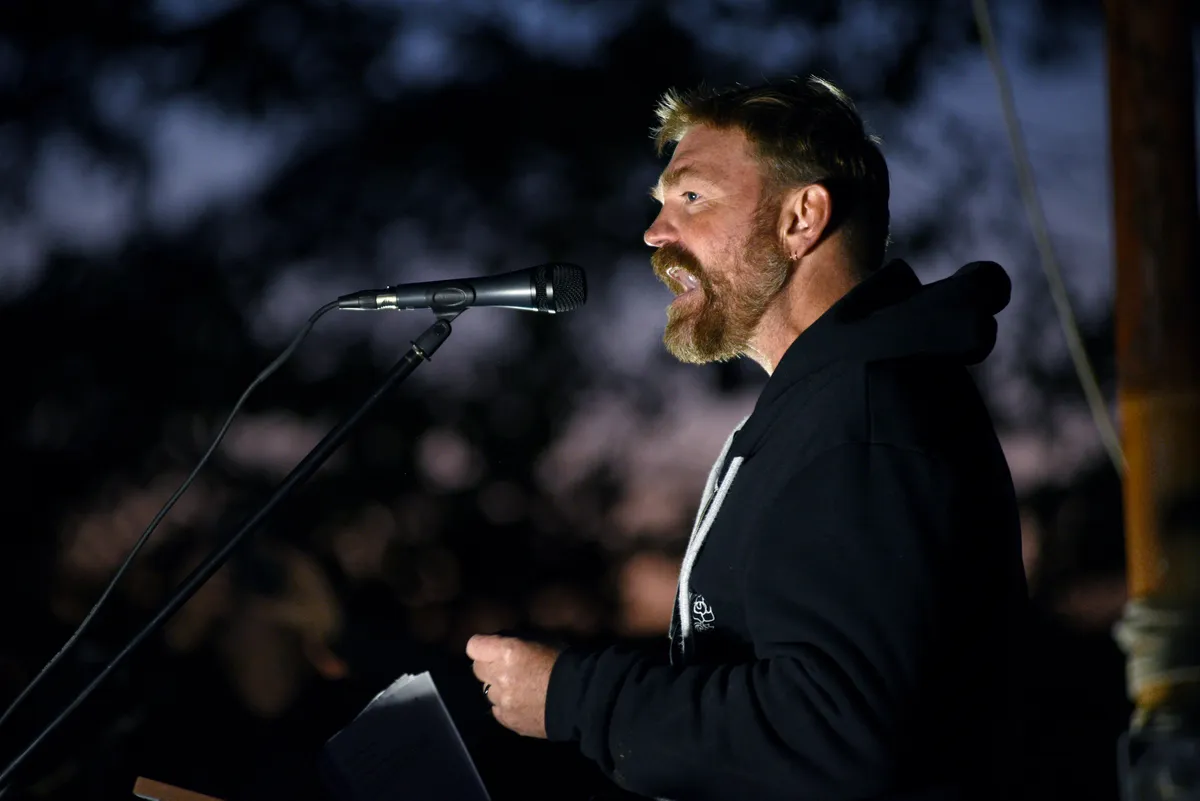Copyright Arkansas Online

When I came home from Iraq in 2005, I thought the hardest part was behind me. I was wrong. I brought back more than tough memories. I also brought back chronic pain that's never left. Like a lot of guys in my unit, I came back with injuries that never fully healed. The pain's always there, humming under the surface. Some mornings it's a dull ache; other days it feels like someone's driving a nail into my spine. You learn to live around it, but you never forget it's there. When I finally asked for help, the doctors handed me opioids like they were aspirin. Before long, they were the only way I could get through a day. And when I got out? The VA cut me off cold. They just shut the door. I wasn't the only one abandoned. This isn't just my story. It's the story of thousands of veterans who were pulled into the opioid crisis and left out to dry once we stopped being useful. We don't want pity. We want a fair chance to live decent lives after everything we gave. In many ways, veterans were the first test cases for the opioid crisis. We were told opioids were "safe when used as directed." What they didn't say was that the directions never included a way out after we became dependent. Big Pharma cashed out and moved on, shifting to new drugs and new profits, leaving millions of wrecked lives behind. And in that chaos, a vacuum opened: one that bad actors were all too ready to fill. When the prescriptions stopped, the pills didn't. Chinese chemical suppliers kept shipping the ingredients by the ton. Mexican cartels pressed them into counterfeit painkillers and sent them north by the millions. Fentanyl took over. It showed up in everything--pills, powder, even fake prescriptions sold online. Small towns started losing whole families. Even now, that poison kills over 70,000 Americans a year. It's in our schools, our workplaces, our neighborhoods. The villains in this story are clear--from Big Pharma to the cartels in Mexico to the chemical suppliers in China. President Trump has been one of the few leaders willing to call out that entire chain of corruption. But the legacy agencies--the Food and Drug Administration and Health and Human Services--are still focused on the wrong targets, going after Americans who are just trying to get by instead of the companies who made us dependent on opioids and the crooks who sneak poison into our country. And now they've turned their sights on something that's actually helping people: 7-hydroxymitragynine, or 7-OH. It's a compound naturally derived from the kratom plant. It's affordable and legal in most states and used by more than a million Americans to manage pain, anxiety, and withdrawal from opioids safely. For many veterans like me, it's the first thing that's worked without wrecking our bodies or numbing our minds. But to the government, 7-OH is the enemy. Not the Big Pharma execs who made billions off our pain. Not the cartels treating our borders like a joke. They talk about 7-OH like it's some new scourge sweeping the country. But there are no confirmed deaths from 7-OH alone--none. The FDA's own data shows that, in the rare cases where it appears in a toxicology report, other drugs were always involved. This highlights the double standard at the heart of America's drug policy. Big Pharma executives can spend decades getting rich off addiction and walk away with golden parachutes. Cartels can flood our streets with fentanyl and still find new buyers every day. But if an American veteran tries to manage pain safely, the government treats them like a criminal. The president understands the threat. He's focused on stopping the poison at its source, and he's right to do it. But the rest of Washington needs to catch up. Secure the ports and borders so fentanyl can't pour in unchecked. Cut off cartel finances and treat them like the terrorist networks they are. And stop criminalizing safe, regulated alternatives like 7-OH and other tools that help Americans stay away from opioids and rebuild their lives. We fought for this country because we believed it was worth fighting for. Now we're fighting just to live without pain. This Veterans Day, I'm asking our government to honor the sacrifice we made by going after the real villains who hurt us, rather than the scapegoats they find easier to blame. John Blanchard is an Army National Guard veteran from New Roads, La. He served 10 years with B Company, 1088th Engineer Battalion of the 256th Infantry Brigade, including a deployment to Iraq from 2004 to 2005. In 2005, he was injured by an IED and remained in service until 2006. He is now retired and lives in Sheridan.



